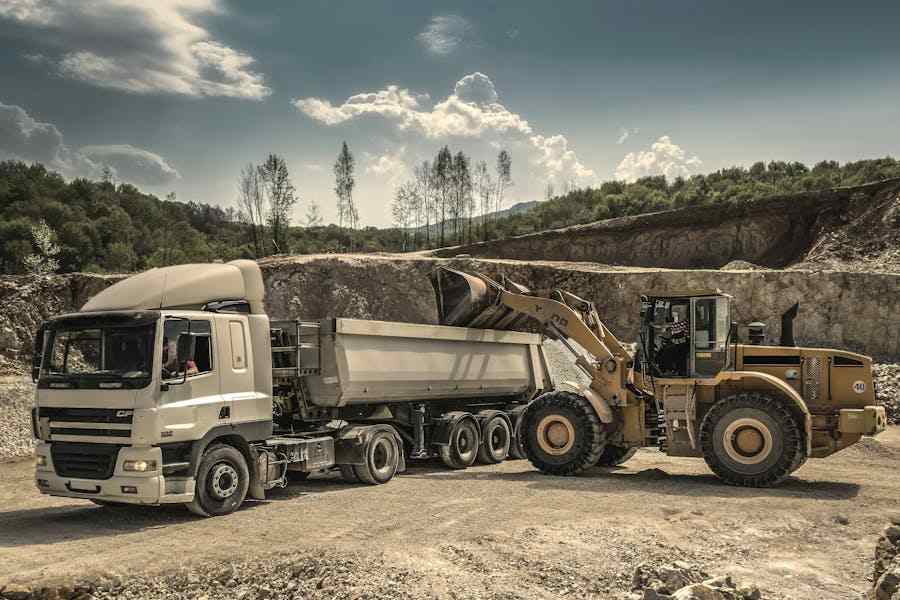
Truck accidents often result in severe physical injuries, significant property damage, and substantial financial losses. When they occur, the process of seeking compensation can be complex, involving various regulatory standards and multiple parties. It is crucial for victims to understand their rights and the steps necessary to obtain fair compensation for their losses. Legal recourse is available, and it typically starts with determining who is responsible for the accident, whether it is the truck driver, trucking company, or even the vehicle manufacturer.
In the aftermath of a truck accident, it is important to collect evidence and document the incident thoroughly. This may include obtaining police reports, photographing the accident scene, and gathering witness statements. These actions lay the groundwork for a strong legal claim. The knowledge of specific laws governing the trucking industry, such as hours-of-service regulations and maintenance requirements, is also vital, as it may affect the outcome of a compensation claim.
Navigating the legal challenges after a truck accident requires a strategic approach. Consulting with a legal professional who is familiar with the intricacies of truck accident claims can greatly enhance the chances of securing appropriate compensation. They can help interpret the law, negotiate with insurance companies, and if necessary, represent the victim’s interests in court. The ultimate goal is to ensure that the victim receives compensation that reflects the true extent of their damages and losses.
Understanding Truck Accident Claims
In truck accident cases, critical aspects include assessing who is at fault, understanding the recoverable damages, adhering to legal timelines, and how negligence affects the claim. This section provides insight into these components:
Determining Liability
After a truck accident, identifying responsible parties is paramount. Liability could fall on the truck driver, trucking company, cargo loaders, or manufacturer of truck parts. A McAllen Truck Accident Lawyer would investigate to establish fault, which may involve multiple parties.
Types of Damages Recoverable
Victims of truck accidents can seek compensation for a variety of damages. These typically include:
- Economic Damages: Objective costs such as medical expenses, lost wages, and property damage.
- Non-Economic Damages: Subjective costs like pain and suffering, emotional distress, and loss of consortium.
Statute of Limitations
The law limits the time to file a claim, known as the statute of limitations. In many jurisdictions, this period is two years from the date of the accident, but it can vary by state.
Role of Negligence
Negligence plays a crucial role in truck accident claims. The plaintiff must prove that the defendant’s lack of reasonable care directly led to the accident. Documentation, such as driver logs and vehicle maintenance records, often becomes vital evidence.
Legal Process And Compensation
In truck accident cases, the compensation process involves several legal steps. Victims should understand these steps to effectively pursue their claims and secure fair compensation.
Filing an Insurance Claim
After a truck accident, the victim or their representative must file a claim with the relevant insurance companies. This process begins with gathering evidence such as police reports, medical records, and witness statements. McAllen Truck Accident Lawyers can assist in compiling this documentation to ensure the claim is substantiated.
Essential documents in insurance claims:
- Police report
- Medical records
- Photographs of the accident scene
- Witness testimonies
Negotiating a Settlement
Insurance companies may offer a settlement to resolve the claim out of court. It is crucial to assess the offer thoroughly and negotiate terms that cover all related expenses, including medical bills, lost wages, and damages. A lawyer with experience in truck accidents can provide valuable guidance in these negotiations.
Key considerations during negotiations:
- Current and future medical expenses
- Impact on earning capacity
- Non-economic damages (e.g., pain and suffering)
Going to Trial
If a settlement cannot be reached, the case may proceed to trial. Here, both parties present their evidence and arguments, and a judge or jury renders a decision. Victims should be prepared for the time and resources required for a trial, and a specialized truck accident lawyer can be instrumental in building a persuasive case.
Trial phases include:
- Jury selection
- Opening statements
- Witness testimony and cross-examination
- Closing arguments
- Verdict
Engaging A Truck Accident Lawyer
Securing adequate legal representation is often essential for truck accident victims seeking compensation. A specialized lawyer will be familiar with the regulations governing the trucking industry and adept at navigating the complexities of truck accident claims.
Benefits of hiring a truck accident lawyer:
- Expertise in trucking laws and regulations
- Experience dealing with insurance companies
- Resources to investigate and build a strong case





